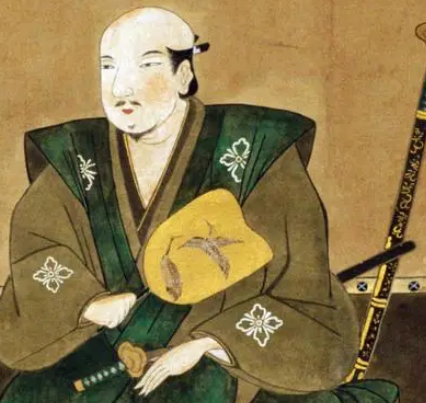In Chinese history, Liu Bei, Liu Shan, and Zhuge Liang formed a unique political pattern of tripartite confrontation. Among them, Liu Shan, as the second emperor of Shu Han, has always attracted people's attention for his relationship with Zhuge Liang. So, what was the relationship between Liu Shan and Zhuge Liang? Did they ever have any disputes?

Firstly, according to historical records, the relationship between Liu Shan and Zhuge Liang was generally harmonious. As an important advisor to Liu Bei, Zhuge Liang had a deep teacher-student bond with Liu Shan. After Liu Bei's death, Zhuge Liang prioritized national affairs and wholeheartedly assisted Liu Shan in stabilizing the political power and consolidating the country. Liu Shan also trusted Zhuge Liang deeply, respecting him as "Father Prime Minister," and personally escorted him on his deathbed, which sufficiently demonstrated their profound relationship.
However, this does not mean that they never had any disputes. According to the "Records of the Three Kingdoms," during Zhuge Liang's lifetime, he repeatedly advised Liu Shan to be diligent in governing and love the people, but Liu Shan often indulged in pleasures and did not take it seriously. Zhuge Liang criticized Liu Shan for this behavior multiple times, and once, he even submitted a resignation request due to Liu Shan's excessive indulgence. These can be considered as disputes between them.
However, these disputes did not affect their relationship. On the contrary, it was these disputes that made Liu Shan more aware of Zhuge Liang's sincere intentions and made Zhuge Liang more determined to assist Liu Shan. With their joint efforts, Shu Han was able to establish itself among the Three Kingdoms and become a force to be reckoned with.
Overall, the relationship between Liu Shan and Zhuge Liang was harmonious yet subtle. Although they had disputes, these disputes did not destroy their relationship but instead deepened it. This relationship, combining teacher-student affection, friendship, and shared ideals and beliefs, is a noteworthy episode in the political history of ancient China.
Disclaimer: The above content is sourced from the internet and the copyright belongs to the original author. If there is any infringement of your original copyright, please inform us and we will delete the relevant content as soon as possible.































